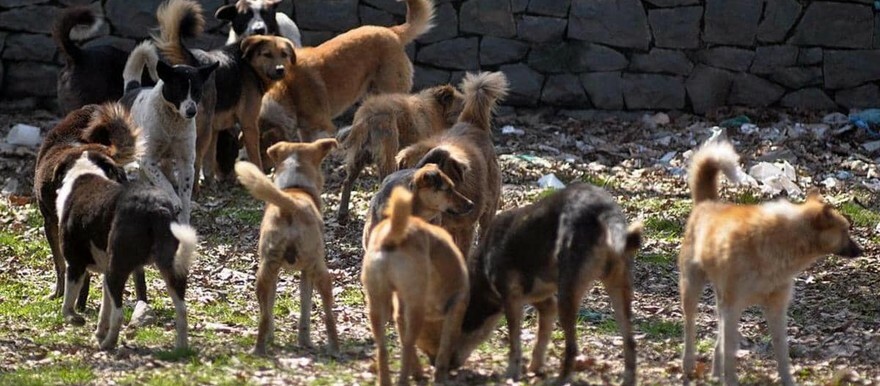The Wildlife Protection Forces have embarked on a campaign to rid Khartoum State of rabid dogs to control the spread of rabies.
The Major General of the Biological Resources, Adil Mohammed Abdullah, stated that the campaign began earlier this week, focusing on parts of Omdurman where reports of rabid dog attacks were filed. The affected areas included Al-Thawra Al-Hara 59 North and Al-Thawra 39.
In a statement to the police press office, Abdullah said: “The campaign targeted the localities of Omdurman and Karari and lasted for 10 days as the first phase. It will extend to the rest of the localities as conditions and security improve.”
Abdullah revealed that 48 rabid dogs were culled on the first day, 46 on the second day, and 26 on the third day, adding that their carcasses were disposed of safely and scientifically.
A dogs breeding expert, Dr Mohammed Al-Haj, told Radio Tamazuj, that rabies is an incurable disease in human beings, but it can be prevented. He explained that prevention involves annual vaccination of mammals and primary healthcare, noting that the war had affected dogs’ health due to the lack of care and annual vaccinations.
Dr Al-Haj revealed that he previously took care of 36 police dogs, but could no longer maintain their health or conduct any examinations. He said there were no close follow-ups or vaccinations, prompting the relocation of 16 dogs to safe places. However, they could not be provided with treatments, posing a risk in case of a disease spread.
He explained that rabies affected the central nervous system, making dogs carriers of the disease, which progressed to an untreatable stage. Diagnosing rabies under the current conditions, he went on, was nearly impossible.
In April, the Karari Locality Emergency Response Room in Omdurman reported the spread of stray dogs infected with rabies, while cases of dengue fever continued to rise in Khartoum, particularly in the Bahri locality.




